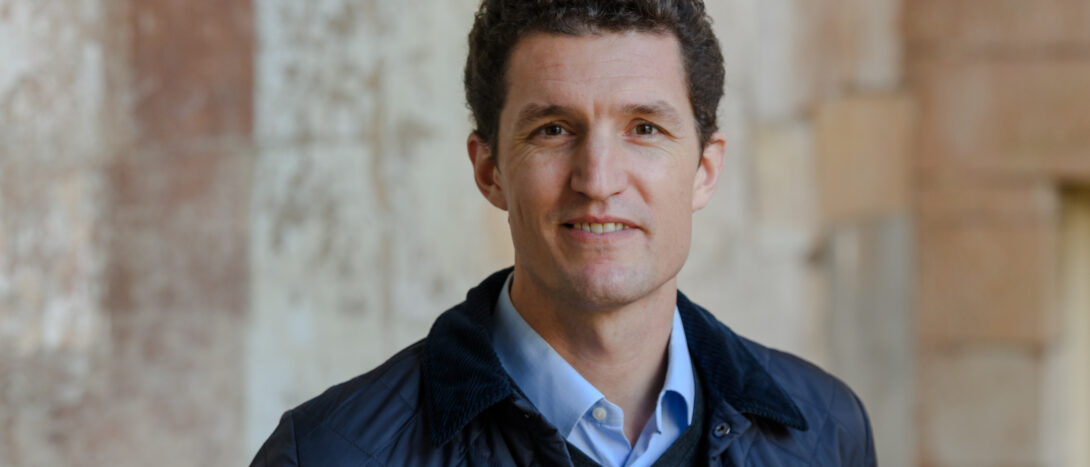Luminesce Alliance is exploring a new way to cure difficult to treat childhood cancers – tailored to the unique biology of young patients.
“Treating Childhood Cancers by Small Molecule Mediated Reactivation of Tumour Suppressors” research, led by A/Prof Antoine de Weck, aims to find therapeutics that can suppress tumours by fixing a specific type of genetic error.
The therapeutics must be potent (strong enough to work) and selective (target only the cancer cells, not healthy ones).
Why This Matters
- Childhood cancers often involve mutations in key genes that normally prevent tumours—called tumour suppressor genes (TSGs).
- These mutations often disrupt how TSGs are processed (through a mechanism called RNA splicing), making the genes stop working.
- There are currently no effective treatmentsthat restore the function of these damaged genes.
- This research is urgently needed to show that drugs can be effective for children—not just adults.
To advance this project, the team will benefit from the experience and involvement of children and families, whose insights will guide the project’s direction and impact.
-
Step 1: Can We Fix the Genes?
Researchers will test whether they can restore the function of four key tumour suppressor genes—TP53, RB1, ATRX, and PTEN—by correcting their RNA splicing errors. They’ll use a special tool called synthetic U1-snRNA to do this.
They’ll study how fixing these genes affects cancer cells—whether it slows their growth or kills them—and identify which gene is the best candidate for drug development.
Step 2: Can We Find the Right Drug?
Once the best target is identified, the team will work within the broader THINK (Therapeutic Innovation for Kids) to screen 100,000 potential drug compounds. These compounds will be tested to see if they can fix the splicing errors and reactivate the damaged genes.
This approach uses a new strategy called SMIRFS (Small Molecules Inducing Reading Frame Shifts/Stops), which targets RNA instead of proteins—a promising direction for treating cancers that have been hard to tackle with traditional methods.
-
Lead Investigator
- A/Prof Antoine de Weck, Group Leader Computational Drug Discovery Biology Group
Investigator Team
- A/Prof Paul Ekert
- Prof Ian Street
- A/Prof Greg Arndt
- Dr Marion Mateos
- Dr Pablo Acera Mateos
-
- Children’s Cancer Institute
- Sydney Children’s Hospitals Network, Randwick
